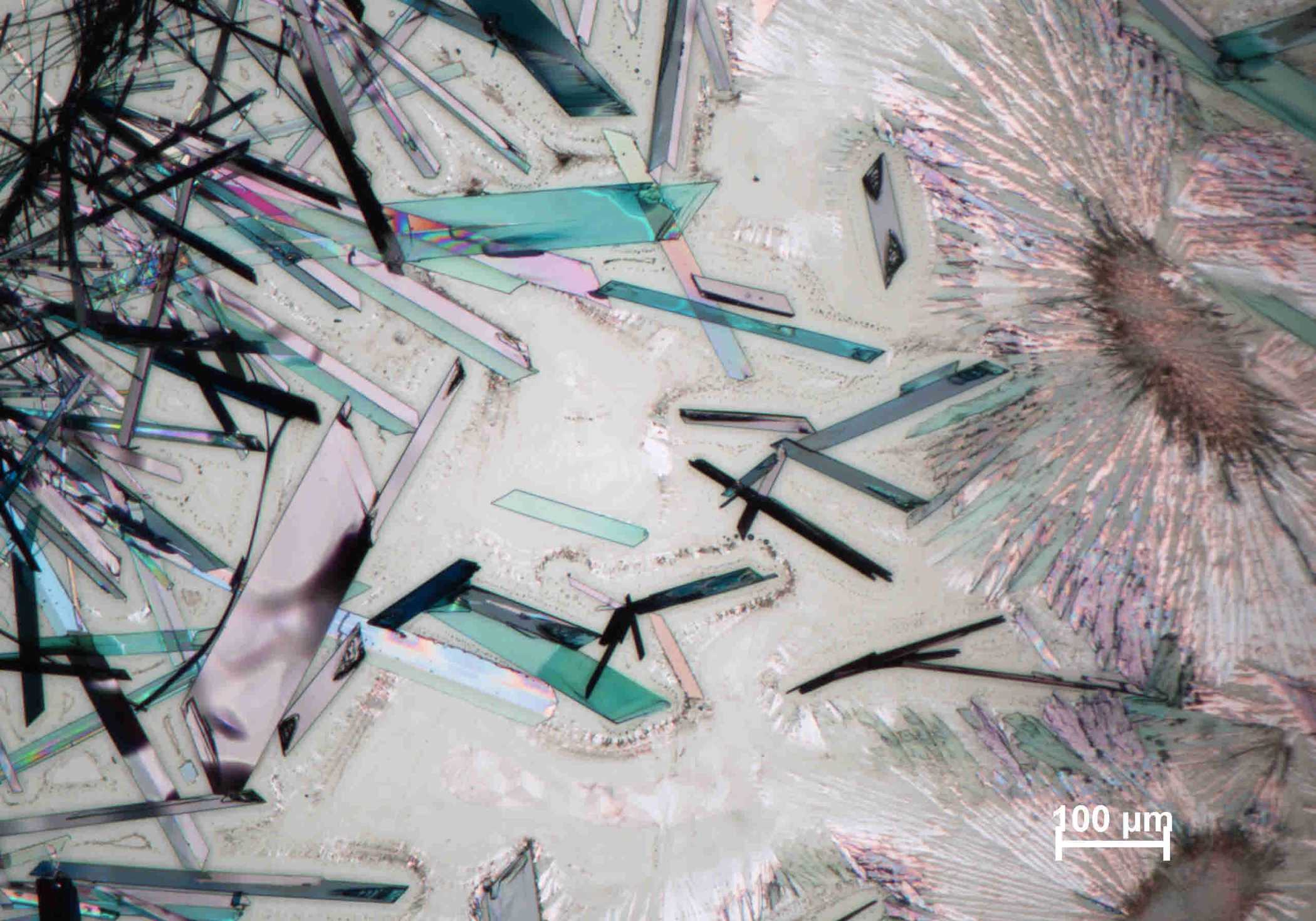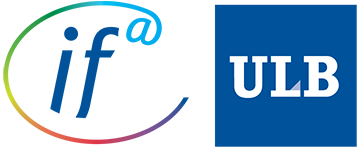Other
Our Fellows in the Spotlight : Luca Catalano
10 November 2021

What is your project about and what are its objectives?
My project focuses on finding new strategies to control how molecules pack in crystalline materials. This is a very important scientific challenge because depending on how the molecules are arranged in crystals, you may observe a completely different set of physical properties (e.g., color, mechanical properties, electronic features, solubility, melting point). To do so, I am employing a specific range of electromagnetic radiations which, by interacting with target molecules, can guide their self-assembly and packing within the crystals. This is done without using solvents, then reducing costs and environmental impact compared to the current technologies.
What is the expected impact of your project on society? According to you, how could your project contribute to society?
Molecular crystalline materials are ubiquitous in our life being major components of, among others, drugs, pigments, fertilizers, pesticides, explosives, and electronic devices. Controlling how molecules are arranged within crystalline solids is then essential to finely tune the final properties of the materials. For example, different crystal forms of the same molecule (defined as polymorphs) can possess completely different solubilities. This latter parameter determines the bioavailability of drugs, and it is therefore of paramount importance for drugs development and processing. Thus, if successful, the project could have a humungous impact on key industrial sectors, introducing new way to control materials properties in a greener and more sustainable way.
What kind of partnerships in research & industry are you looking for to make your project evolve ?
I am actively working with several academic partners around the world (UK, USA, Canada, Germany, Israel) to team up to tackle this great scientific challenge. The establishment of these collaborations bring together complementary skills to efficiently answer to the open scientific questions of the project.
Why did you decide to apply to Cofund IF@ULB? How would you say the experience contributed/ is contributing to your personal and professional growth?
After 3 years as a postdoctoral fellow around the world, I wanted to independently manage a scientific project. Cofund IF@ULB was the perfect opportunity to reach this goal and I was thrilled when I received the positive feedbacks of the proposal evaluation! Now, the fellowship is giving me the chance not only to work on my own project but also to learn new soft skills that will help me to establish an independent research group (leadership, communication, funding management, just to cite a few of them).
What are the achievements (both professional and personal) you are most proud of?
I am proud to have built an international career by studying and working in 6 different countries and 3 different continents over the last 10 years. This has taught me the value of multiculturalism and diversity in both my professional and personal life.
Finally, what’s next for you?
Once my fellowship will be over, I hope to establish my own research group in a top-notch academic institution where I will be able to pursue my research in molecular crystalline materials mentoring the next generation of citizens/scientists.
More information about Luca and his research here .

Luca's project has received funding from the European Union’s Horizon 2020 research and innovation programme under the Marie Skłodowska-Curie grant agreement No 801505.
